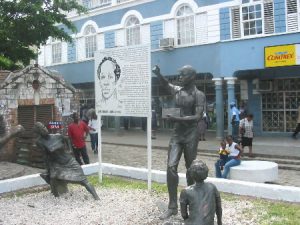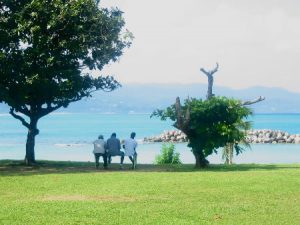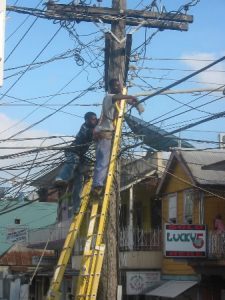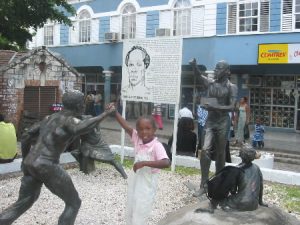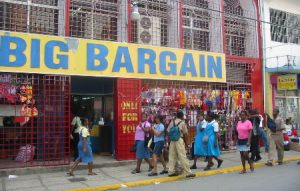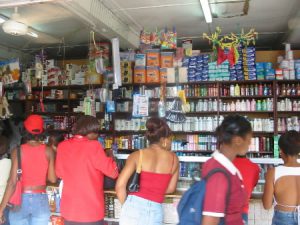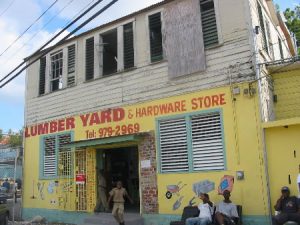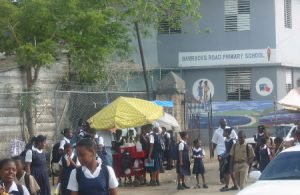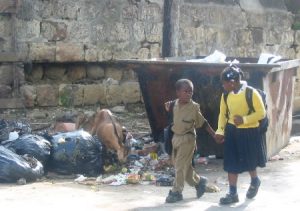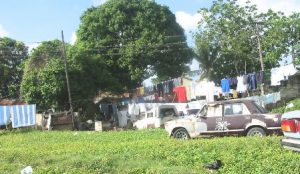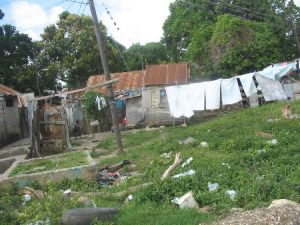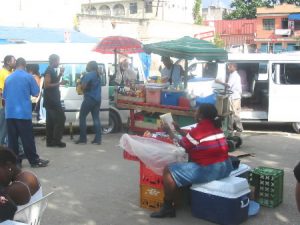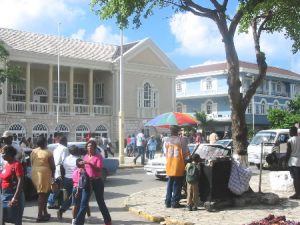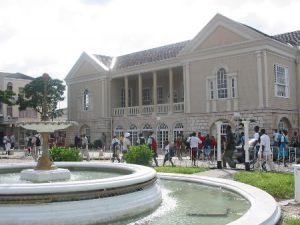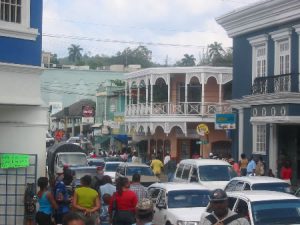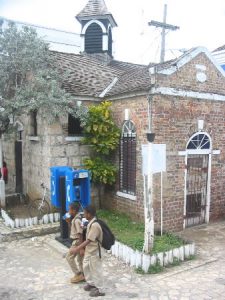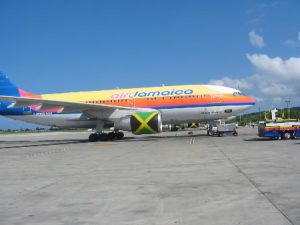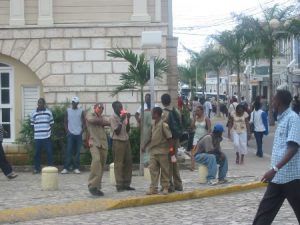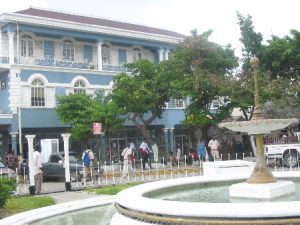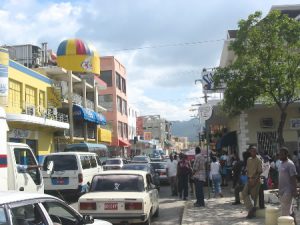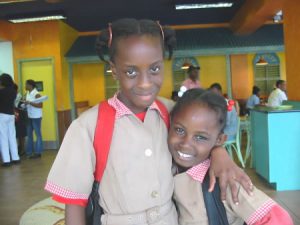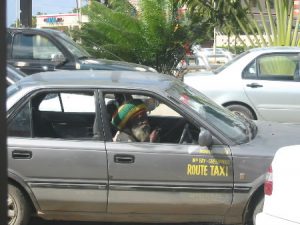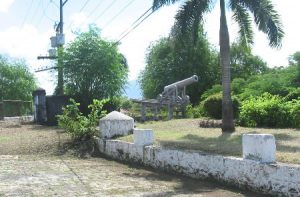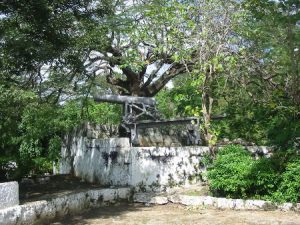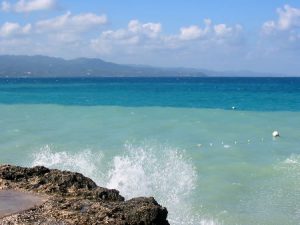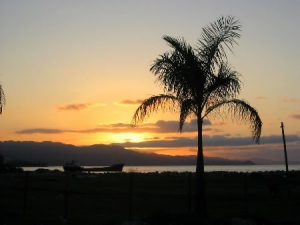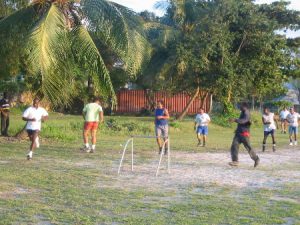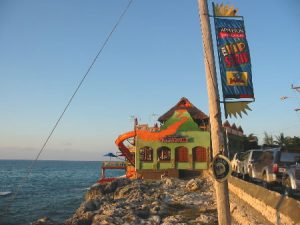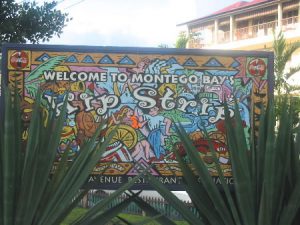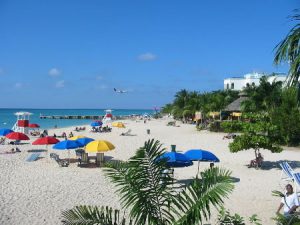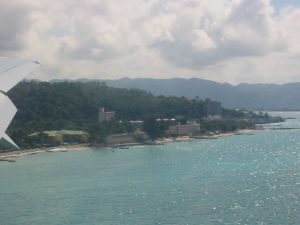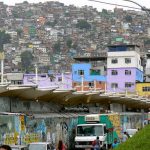Jamaica is formerly a Spanish possession known as Santiago, it later became the British West Indies Crown colony of Jamaica. It is the third most populous English-speaking country in the Americas, after the United States and Canada. Jamaica slowly gained independence from the United Kingdom and in 1958.
Jamaica’s prosperity has diminished since the 1980s as major alumina companies have closed or left the country and unemployment remains moderately high.The economy is now heavily dependent on services, which now account for more than 60% of GDP. The country continues to derive most of its foreign exchange from tourism, remittances sent home from Jamaicans living abroad, and some bauxite/alumina mining. The economy faces serious long-term problems especially as recurrent violence from rival gangs affiliated with the major political parties have evolved into powerful organized crime networks involved in international drug smuggling and money laundering. Violent crime, drug trafficking, and poverty pose significant challenges to the government today. Nonetheless, many rural and resort areas remain relatively safe and contribute substantially to the economy.
Montego Bay is the tourism capital on the north shore. Numerous resorts offer a sun-filled havens for Europeans and north Americans. With about 120,000 people. The city has recently suffered negative publicity due to the extremely high crime rate, with more than 176 murders in 2006 (up from 144 in 2005) and a murder rate approximately 28 times higher than that of New York City
Along with being a very homophobic country with several gay murders and assaults in the past few years, Jamaica has one of the highest murder rates in the world. Every year since 2000 Jamaica has reached over 1000 murders, in which 2005 murder count was 1,674 the highest ever recorded. Almost 46% of murders that occur in Jamaica happen within Kingston, which 95% almost always occur in the depressed garrison neighborhoods of downtown Kingston.
Read the story about gay Jamaica

